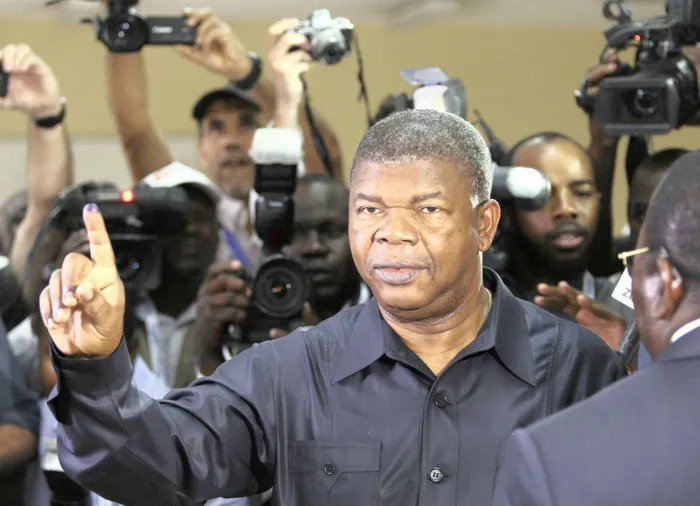What India’s partnership with the AU means for Africa
Opinion

Angolan President João Lourenço.
Image: Bruno Fonseca/AP
IN a landmark visit to India between the current chairman of the African Union (AU), who is also the President of Angola, João Lourenço, and Prime Minister Narendra Modi of India, one key message came out from the trip: “Development without dependency”.
Consistent with Modi's message of “cooperation without conditions”, he elucidated how, in the name of development partnerships, nations were forced into dependence partnerships, which gave rise to colonial and imperial rule and global power blocks.
Now what does this mean for the 54 countries in the African Union and Angola, which is the second largest supplier of oil and the current AU chair?
Of course, India’s defining watershed moment was the Presidency of the G20 under Modi, where he advocated and secured permanent membership of the AU in the G20, which was a pivotal moment for the India-Africa relationship.
The question that many pundits have been asking is, how this “partnership of equals” between Africa and India would play out, especially in the mid of the turbulent geo-political trade wars between China and the United States, which have exposed how countries in the Global South are merely spectators in the global trade eco-system.
The catalytic meeting between the AU chair/President of Angola in India with Modi, which is the first in 40 years by an Angolan President, presents a new opportunity for increased South-to-South cooperation, which Modi contextualised as one of “mutual respect and shared aspirations, declaring the two “partners in progress and pillars of the Global South.”
This rhetoric aligns with India’s long-standing policy of South-to-South cooperation, which has gained renewed momentum under Modi’s leadership.
Africa, in particular, has no other option but to look for alternative partners beyond the traditional power blocks, which always “cough” and Africa just “catches a flu”.
In that context, in 2024, India-Africa trade surged to $100 billion, having reached $103bn in 2023. India is also Africa’s third-largest trading partner, with trade growing at 16.5% per year since 2001, according to The Economist.
This surge was also after the conclusion of the G20 Summit chaired by India, were the then AU chair and Comoros President Azali Assoumani, thanked India and Modi for his decisive role in ensuring that the 54 countries which form part of the AU were included in the G20 but also unequivocally said that “nobody has a ‘monopoly’ in Africa”.
How Africa perceived this statement became a boiling point for the continent’s development, which is a continent of more than 1.4 billion people with a $3 trillion economy.
Forward-looking, Lourenço’s visit to India will certainly reconfigure Global South solidarity in a complicated and fast-changing multipolar world. With the AU now part of the G20 group of nations, achieved through Modi’s diplomatic prowess, this alliance is assured to reposition South-South relations and positioning in a fast and changing multipolar world.
* Phapano Phasha is the chairperson of the Centre for Alternative Political and Economic Thought, whose focus is on the Global South and BRICS Plus countries.
** The views expressed here do not reflect those of the Sunday Independent, Independent Media, or IOL.
